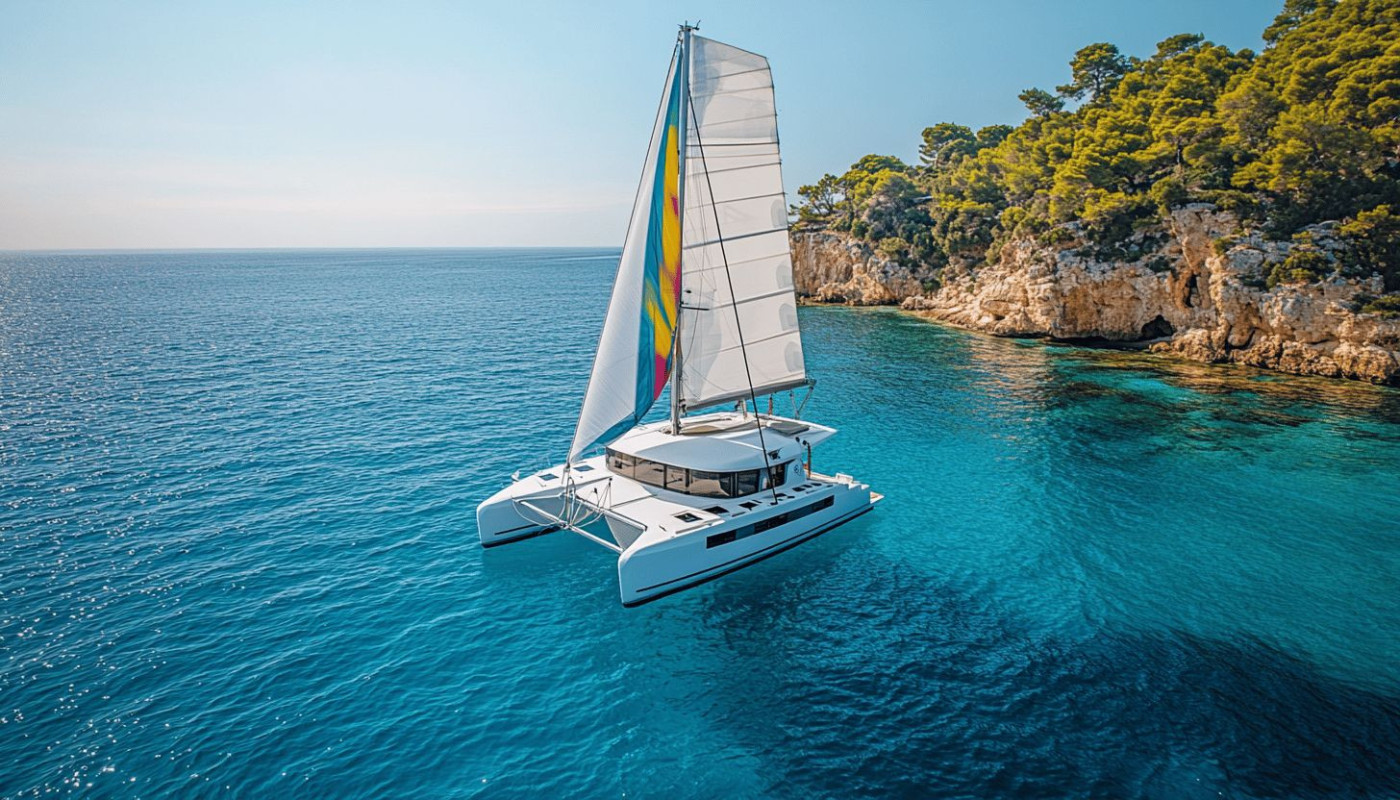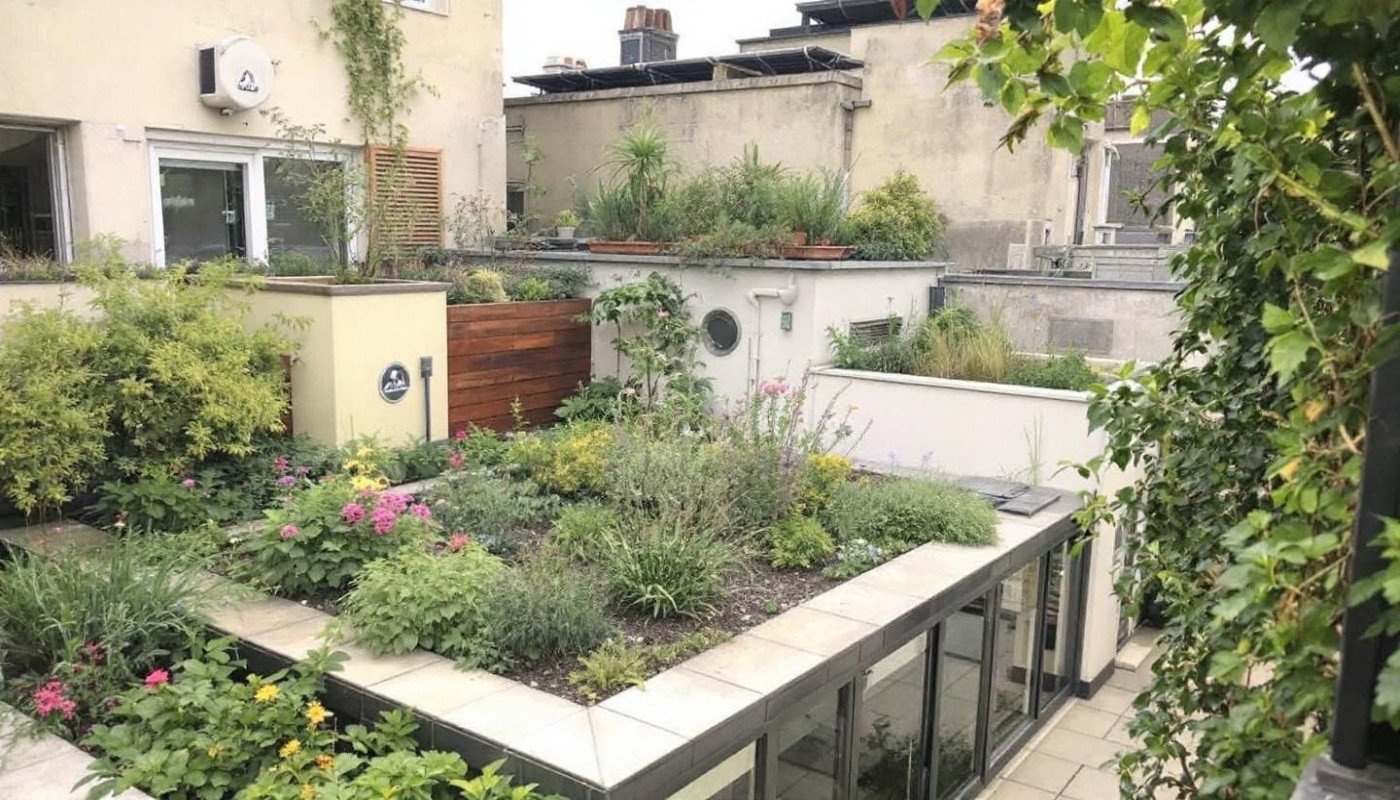Table of contents
Step into the heart of Paris, where an iconic hotel is rewriting the rules of hospitality through bold sustainability initiatives. Discover how green practices are reshaping everything from guest experiences to daily operations, setting a new benchmark for eco-conscious travel. Explore this transformation and see how dedication to the planet can coexist with luxury and comfort in the City of Light.
Eco-friendly architecture and energy optimization
A commitment to sustainable architecture is evident in the design of this Parisian hotel, where advanced green building materials and robust insulation systems form the backbone of its environmentally conscious approach. By selecting low-impact materials and installing high-performance windows, the property ensures reduced heat loss in winter and limits overheating in summer, which lowers dependency on heating and cooling equipment. Renewable energy sources, including discreet solar panels integrated into the roofline and a compact geothermal system beneath the courtyard, help to generate clean electricity and manage indoor climate control efficiently. These features combine seamlessly with the hotel's aesthetic, creating a harmonious balance between luxury and low environmental impact.
To further minimize resource consumption, intelligent energy management systems are in place, continuously analyzing real-time data to streamline electricity and water usage across guest rooms, common areas, and operational facilities. Motion sensors and smart thermostats automatically adjust lighting and temperature based on occupancy, ensuring that energy is only used when necessary and enhancing the visitor experience. The adoption of LED lighting with minimal emissions, coupled with high-efficiency HVAC units, underscores the hotel's pursuit of both sustainability and comfort. Amid this modern landscape, Hotel Urban Bivouac Paris stands out for its contemporary design, located in a peaceful and secure neighborhood near Orly Airport, offering guests a tranquil retreat while setting a benchmark for eco-conscious hospitality in urban environments.
Waste reduction and circular economy initiatives
Minimizing waste has become a cornerstone of sustainable hospitality, and the Parisian hotel has developed a multifaceted approach to tackle this challenge. Rigorous recycling programs sort materials at the source, allowing glass, paper, and metals to be collected and processed efficiently. Beyond conventional recycling, the hotel’s kitchens and restaurants separate organic waste daily, channeling it into composting systems that transform scraps into nutrient-rich soil. This compost is then supplied to urban gardens and local farms, closing the loop and supporting the city’s green spaces.
Eliminating single-use plastics marks a pivotal shift in operational standards. The hotel has replaced plastic straws, stirrers, and water bottles with biodegradable or reusable alternatives, while amenities in guest rooms, such as toiletries, are provided in bulk dispensers. Laundry bags and packaging for room service now use recycled or compostable materials. These tactical choices exemplify a commitment to reducing the environmental burden of transient hospitality supplies, inspiring both staff and guests to adopt similar habits.
Collaboration with local partners forms the backbone of the circular economy initiatives. The hotel donates worn linens and uniforms to textile workshops where they are upcycled into cleaning cloths, tote bags, or creative décor elements. Discarded furniture and fixtures find new life in community centers or are reimagined by local artisans. This network of partnerships not only diverts waste from landfills but also stimulates the regional economy, fostering a sense of shared purpose among stakeholders.
Digital technology underpins several waste-reduction strategies, redefining guest experiences and back-of-house operations alike. Paperless check-ins and digital menus reduce paper consumption, streamlining the flow from arrival to dining. Smart inventory management systems track usage patterns and expiration dates, allowing for more precise ordering and less surplus. By integrating these tools, the hotel reduces waste at every stage—demonstrating that sustainability and efficiency can evolve hand in hand for the benefit of both business and environment.
Responsible sourcing and sustainable gastronomy
The hotel in Paris takes a deliberate approach to sourcing food and beverages, focusing on local, seasonal, and organic products as the foundation of its culinary philosophy. By favoring suppliers within a short radius, the hotel significantly lowers the environmental impact caused by transportation, known as food miles. This approach not only reduces carbon emissions but also supports agricultural biodiversity, as seasonal and organic produce are less reliant on monoculture practices and chemical inputs. Such choices allow guests to savor produce at its peak flavor while contributing to a more resilient local ecosystem.
Strong relationships underpin the hotel’s commitment to responsible gastronomy. Managers and chefs actively seek out partnerships with regional farmers, artisanal producers, and nearby fisheries that share a dedication to ethical and sustainable methods. These collaborations go beyond transactional interactions; for instance, the hotel might work directly with a family-owned dairy to ensure animal welfare or commission a small-scale fisherman whose catch methods protect marine habitats. Through regular dialogue and shared standards, the hotel ensures that only the freshest, most responsibly sourced ingredients arrive in its kitchens.
Menu development places a clear emphasis on plant-based dishes, reflecting both ecological awareness and evolving guest preferences. By increasing the proportion of vegetables, legumes, and grains, the hotel’s chefs can lower the environmental footprint associated with animal-based products while introducing diners to innovative flavor pairings. A signature dish might feature heirloom tomatoes from the Île-de-France region, paired with fresh herbs and a nut-based cream, demonstrating how local ingredients can be celebrated in surprising and delicious ways.
Creativity extends to minimizing food waste, an often-overlooked but impactful aspect of sustainable gastronomy. Chefs employ techniques such as pickling, fermenting, and nose-to-tail cooking to utilize every part of an ingredient, transforming surplus vegetables into flavorful sides or turning leftover bread into crisp croutons for salads. The kitchen’s commitment to waste reduction is further supported by close monitoring of inventory and portion sizes, ensuring that sustainability is woven into every stage of the dining experience. These practices provide guests with memorable meals while subtly educating them on the value of mindful consumption.
Water conservation and green landscaping
Adopting a forward-thinking approach to water management, the Parisian hotel integrates a suite of water-saving technologies throughout its premises. Low-flow fixtures in guest bathrooms and common areas reduce both water consumption and energy costs by minimizing the volume of hot water needed. Rainwater harvesting systems collect and store runoff from rooftops, which is then filtered and repurposed for landscape irrigation. This practice not only lessens reliance on the municipal supply but also helps prevent urban flooding during heavy rainfall, reflecting a commitment to environmental harmony.
In the gardens and on the green roofs, automated irrigation systems ensure that plants receive water only when needed, guided by moisture sensors and weather data. This targeted approach avoids overwatering and significantly cuts down on waste. The hotel’s dedication to efficient irrigation extends to its regular maintenance routines, where staff monitor the systems for leaks and optimize schedules to align with local climate conditions. Such precision allows for healthy plant growth while shrinking the property’s water footprint.
Landscaping choices further amplify sustainability efforts. The grounds feature a diverse selection of native and drought-resistant plants that thrive with minimal intervention. By selecting species adapted to the Parisian climate, the hotel reduces dependency on chemical fertilizers and pesticides, fostering habitats for pollinators and local wildlife. These flourishing spaces do not merely beautify the property; they offer guests serene settings to relax, reinforcing a sense of connection with nature amid the urban landscape.
Continuous tracking of water usage and quality represents a core aspect of the hotel’s stewardship philosophy. Smart meters and regular audits help detect anomalies in consumption, encouraging proactive maintenance and accountability among staff. Water quality is rigorously checked to safeguard both guest health and the integrity of the recycled systems. Through these layered efforts, the hotel demonstrates how conscientious resource management and creative landscaping can coexist, delivering comfort, aesthetics, and long-term ecological value.
Empowering staff and engaging guests in sustainability
A transformative approach to sustainability within hospitality begins with well-crafted staff training programs. At this pioneering Parisian hotel, employees undergo extensive workshops that cover energy conservation, waste management, and sourcing local, ethical products. Every department, from housekeeping to guest relations, receives tailored instruction—housekeepers learn to use environmentally friendly cleaning products and reduce linen changes, while front-desk teams are equipped to communicate eco-initiatives and answer guest questions confidently. By integrating sustainability into daily routines, the hotel ensures that every staff member becomes a knowledgeable ambassador for its green vision.
Engaging guests in sustainability is achieved through a suite of interactive initiatives that go beyond traditional hotel offerings. Visitors are invited to join guided sustainability tours showcasing the building’s green infrastructure, rooftop gardens, and behind-the-scenes recycling systems. Carbon offset programs allow travelers to contribute directly to reforestation or renewable energy projects, empowering them to balance the environmental impact of their stay. In each room, eco-friendly amenities—such as biodegradable toiletries, refillable water stations, and energy-efficient lighting—provide tangible opportunities to reduce waste and conserve resources during their visit.
Transparent communication stands at the core of the hotel’s strategy, creating a culture where both staff and guests feel invested in sustainability efforts. Regularly updated displays in communal areas outline ongoing environmental goals, share progress metrics, and celebrate recent achievements. Through digital newsletters and in-person briefings, visitors are encouraged to share feedback and suggest new ideas, further strengthening a collaborative approach. This openness not only builds trust but also sparks healthy competition among teams to innovate, ensuring the sustainability journey remains dynamic and inclusive.
Cultivating a shared sense of responsibility has established this Paris hotel as a model for responsible hospitality. Staff members take pride in their role as stewards of the environment, often inspiring guests to adopt greener habits both during and after their stay. Guests depart with practical insights and a heightened appreciation for sustainable living, often returning or recommending the hotel for its genuine commitment. This holistic approach—combining education, participation, and transparency—demonstrates how hospitality can become a driving force for positive change, setting new standards for the industry at large.
Similar articles

Exploring The Benefits Of Skippered Vs. Bareboat Catamaran Charters

Exploring The Benefits Of Luxury Camping With Wellness Focus

